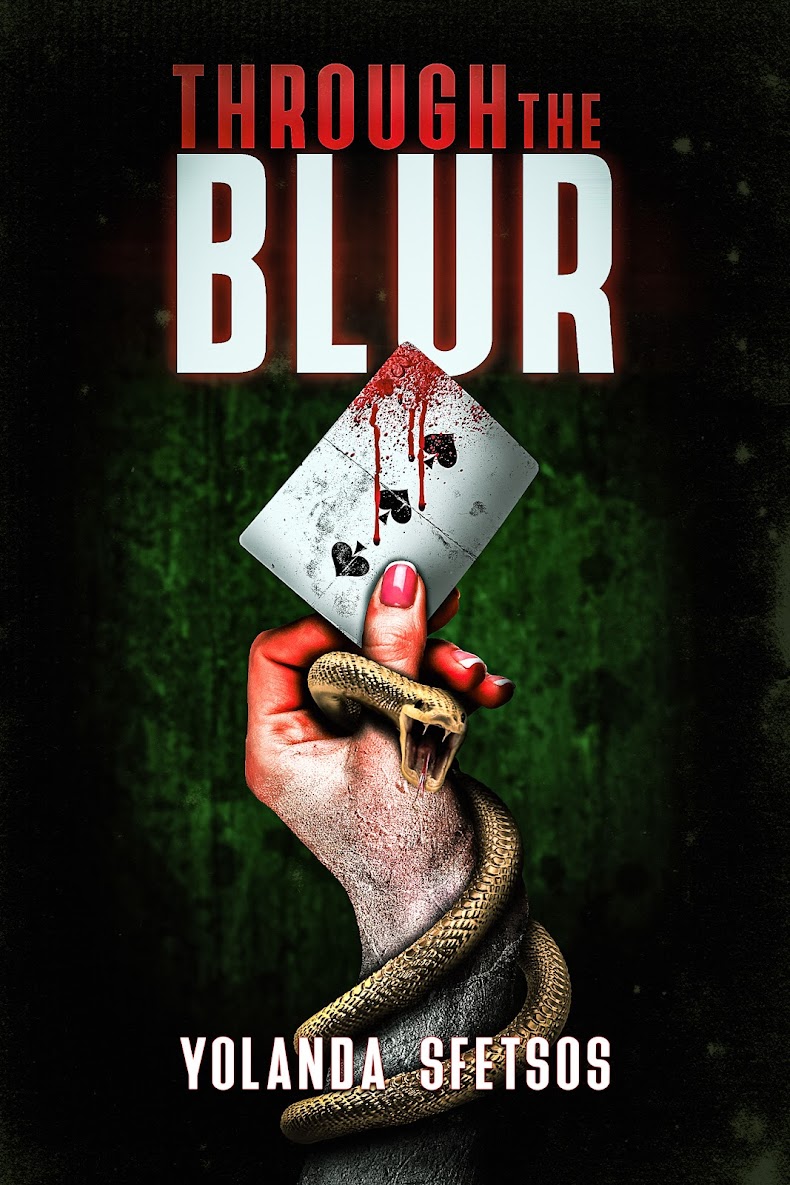
The Hadron Collider is turned on and everyone in the world goes to sleep for a few moments. In those few moments everyone's consciousness is catapulted forward more than twenty years into the future. When it awakes the world must live with the knowledge of what is to come. Some saw themselves in new relationships, some saw exciting new technologies, some saw the stuff of nightmares. Some, young and old alike, saw nothing at all and must live with the certainty that they have less than 20 years left.
This is another book that has recently been made into a TV show. While the concept sounded intriguing, when I found out it was based on a book, I decided to read the book instead. And wow, I wasn't wrong about the concept. It's amazing.
For two minutes, after the Hadron Collider is turned on during an experiment at CERN, the entire planet blacks out. And during that time, everyone has a vision of the future - 21 years into the future. Many are astounded by what they see in their futures, while some are totally confused because it shows people they don't even know yet. A few others don't see anything at all. But what every single person in the world shares is the devastation that follows.
At first it's on the huge scale of planes falling from the sky, people losing control of their cars, or falling down the stairs, but it ends in simple realisations and arguments about whether the future is set, or can be changed by free will. It's an awesome point to bring up. As well as how seeing a snippet of what's to come in your future can affect the present. How it can change and make you question what's going on in your life right now. How does it change your dreams and aspirations, or even the relationships you cherish, or knowing that you'll be dead? It's a fantastical concept that is explored perfectly in this book.
The story is told in several points of views, with some statistics thrown in. Mostly it's the POV of Lloyd Simcoe and Theo Procopides - the two physicists who got the world into this mess in the first place. Their vision - or lack of one - drives their present in a way that pretty much takes over their lives. Especially for Theo, who happens to find out that not only will he be dead in 21 years, but he'll be murdered. The story of chaos and the loss of so many lives, becomes the tale of one man's determination to prove that the future is already set, and another's to figure out how he can change the path of his life so that he'll be able to stop his own death.
Flashforward is an intoxicating book written in a very casual, yet informative narrative that'll keep you turning the page. The plot was weaved in a way that kept me interested from start to finish, and I wasn't disappointed when I got to the end and found all the separate threads tied together. The last part of the book takes place in 2030 and slowly reveals how everyone's life turned out, leaving the reader with a great sense of closure.
I enjoyed this book a lot, and keep finding myself thinking about it. There might be a lot of technical, scientific things mentioned, but I loved that it didn't take away from the human side of the story. This is a book that I highly recommend.
FlashForward, October 2009, ISBN 978-057-509101-6, Gollancz Paperback




















2 comments:
I also enjoyed this book recently.
I noticed that the TV show has characters that are not in the book, and I feel the TV show dwells more on the soap-y elements than the SF elements. Typical TV ;-)
I thought a few things in the plot didn't quite add up for me. How can Theo avoid his own death? And why does no one ask that when they try the thingumadoovy for the second time where/what year they're going to be flashed to? I mean - it's a no-brainer they could be flashed to a year when no one is still alive.
Apart from that - I enjoyed the book. I just like asking annoying questions ;-)
I really enjoyed this book, and I suppose you could get into the nitty-gritty of it. But as far as the year they flashed to the second time, I just assumed that because hardly anyone had a vision, they'd just assumed it was to a time when they'd already died and didn't bother dwelling on it. Or think that it didn't work. That makes sense to me.
And Theo being able to avoid his death was just a way to enforce that the future is not set. :)
See, there are explanations for everything. ;) I don't know about the TV show, Lloyd's in it but he's completely different. WTH? Anyway.
Post a Comment